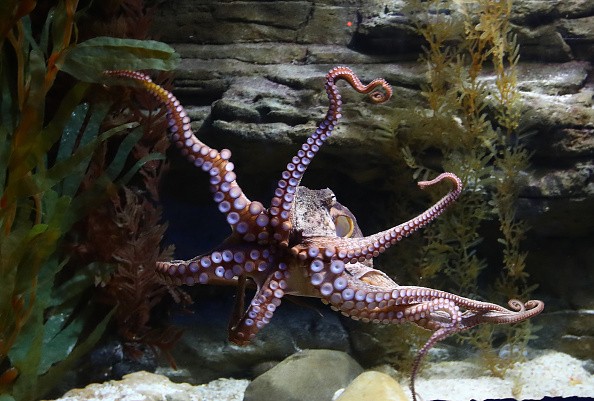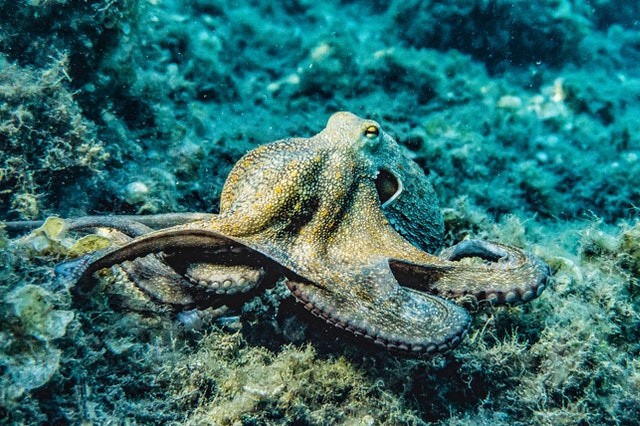If you caught the recent film that won an Oscar, named My Octopus Teacher, there is a possibility of you joining octopus lovers in marveling at the unbelievable intelligence of these complicated and curious animals.
It may surprise you, then, to get the knowledge that octopuses aren't recognized as "animals" coming to their treatment in federally funded research, according to the US federal government.

Animal Welfare Act
The strange legal alternative is recognized by the Animal Welfare Act and National Institute of Health (NIH) and indicates that octopuses don't have an entitlement to the humane treatment given to other lab animals. It implies that animal welfare organizations do not have the authority to discontinue reported cases of their maltreatment in federally funded research.
The legal standing appears apposed to the behavioral and cognitive traits of octopuses, which have seen them become more and more frequent test subjects in federally funded research in recent years, a release from Harvard Law School says. In spite of being animals, the status is applied to all of the cephalopods, majority of which (like cuttlefish) appear to have cognitive capabilities appropriate to understand suffering.
Campaign Against Octopus Farming
New study which is not federally funded discovered they understand pain, and also feel it, and organizations have made a campaign against farming of octopus which they say is not suitable for prrpose taking into consideration the intelligence and limited lifespan of these animals.
Clinical fellow Kate Barnekow of the Animal Law & Policy Program at Harvard Law School wrote in an email to IFLScience that under existing law, cephalopods are not required to be given the appropriate use of analgesics, tranquilisers, paralytics, anesthetics, and euthanasia or suitable pre-surgical and post-surgical veterinary medical and nursing care.
This implies scientists may use cephalopods in studies regarded as inhumane to conduct on other animals - or too costly to conduct on other animals that would lawfully be required to be provided with suitable pain-relievers, sedatives, and surgical care.

The Recent Regulatory Scheme
Due to the fact that cephalopods are not recognized as "animals" under the recent regulatory scheme, there is no way to precisely tell how many are being used in carrying out research, Barnekow explained, but released research and a current spike in memberships to the Cephalopod International Advisory Council seems to imply that the number is rising.
The exact nature of the research in question is certainly crucial when looking at studies that have already been published, as not every one of them is federally funded, but in the absence of a standardized system for the implementation of quality care control, it stays legal and undetectable to treat cephalopods heartlessly in certain contexts.
The Animal Law & Policy Clinic submitted more exhibits in December 2020, supporting a petition put to the National Institute of Health to amend the existing legislation that surrounds the use of cephalopods in research.
Related Article : Octopus Ancestors Among the First Animals on Earth, Dating Back to 509 Million Years Ago!
For more news, updates about octopuses and similar topics don't forget to follow Nature World News!
© 2025 NatureWorldNews.com All rights reserved. Do not reproduce without permission.





